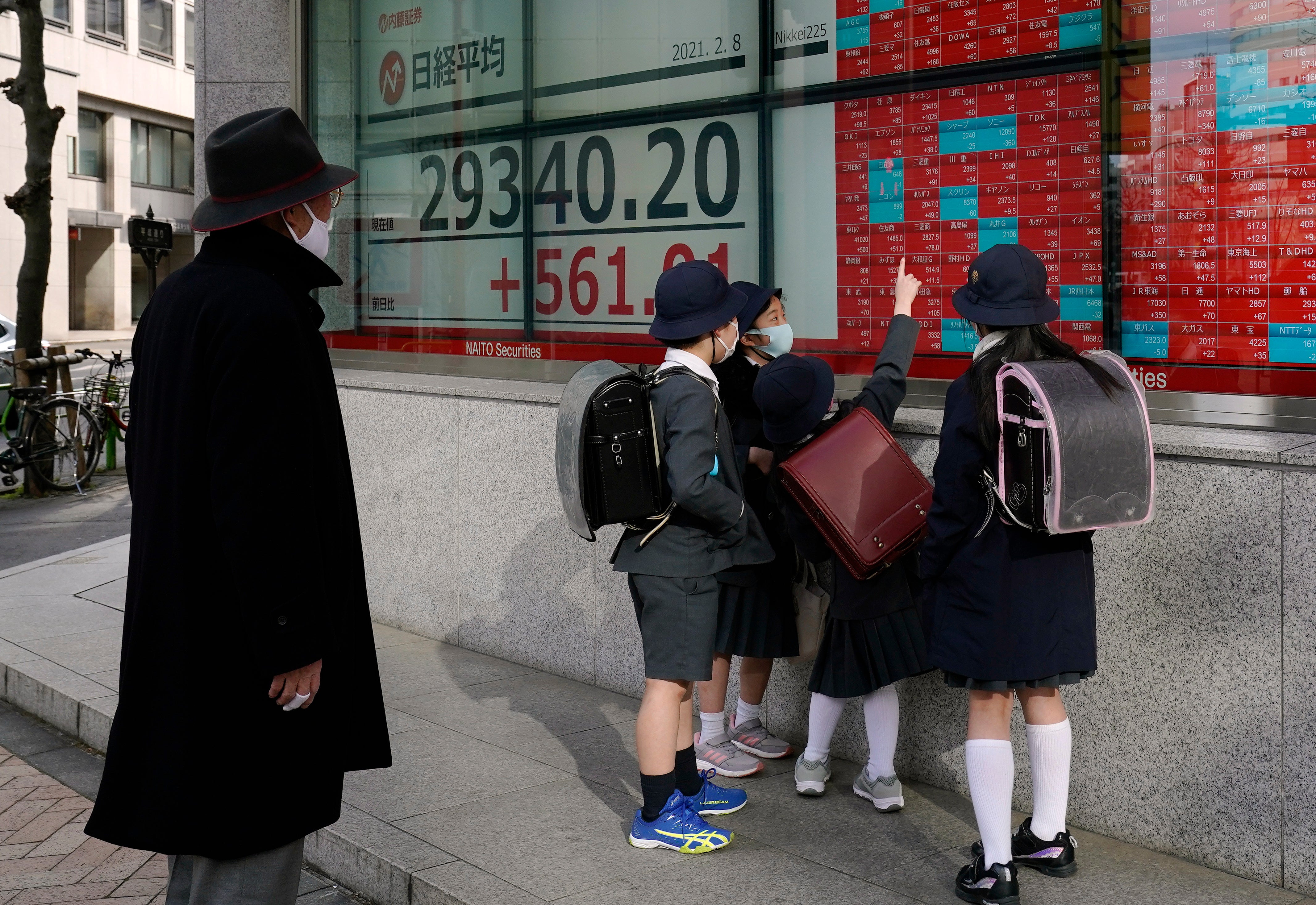Japanese map pinpoints which neighbourhoods have the noisiest children
Website marks areas where loud noises are reported as hotspots

Your support helps us to tell the story
From reproductive rights to climate change to Big Tech, The Independent is on the ground when the story is developing. Whether it's investigating the financials of Elon Musk's pro-Trump PAC or producing our latest documentary, 'The A Word', which shines a light on the American women fighting for reproductive rights, we know how important it is to parse out the facts from the messaging.
At such a critical moment in US history, we need reporters on the ground. Your donation allows us to keep sending journalists to speak to both sides of the story.
The Independent is trusted by Americans across the entire political spectrum. And unlike many other quality news outlets, we choose not to lock Americans out of our reporting and analysis with paywalls. We believe quality journalism should be available to everyone, paid for by those who can afford it.
Your support makes all the difference.A website in Japan has been criticised for letting users flag neighbourhoods based on their noise level, including places where there are loud children or people talk to each other at a high volume, as a warning for those who may be looking for quiet spaces.
The website Dorozoku, also known as road tribe, has marked 6,300 areas as noise “hotspots” so far, according to local media reports.
The site allows people to report local noises through a form anonymously, and the company is reportedly receiving a few hundred complaints every day. The move comes at a time when more people in Japan, like the rest of the world, are working from home amid the Covid pandemic.
“Primary school children are always playing and romping around the street, causing trouble to people living nearby,” reads an example of a submission quoted by The Guardian. Another user on the site complains of having to dodge children while driving in a neighbourhood.
The target of the complaints is not just school children but babies, dogs and adults, al are being marked as noise sources in various complaints.
The feature has received a mixed response online, as some have pointed out it could be promoting intolerance towards children and encouraging disputes in neighbourhoods over ordinary sources of daily noise.
The site’s operator, a man in his forties who remains anonymous, has defended it as only providing a service which many demanded.
“I know some people will probably see the map as unfairly exposing them,” he said. “But it’s also a fact that many people are constantly troubled by noise and other issues.”
The operator says he got the motivation for this feature due to his own experience of being surrounded by noisy children.
“I think that people have always been stressed about this kind of thing, but in the old days people had stronger relationships with their neighbours,” he told Tokyo Keizai magazine. “These days, except for the internet, people have no way to air such problems.”
“This is a problem of neighbour harassment. Dropping cigarette ends, public urination and leaving dog dirt on the road are not permissible anymore. The expression ‘sexual harassment’ was coined and encouraged a change of consciousness in society. This [noise problem] will also disappear in time. I hope my map will help.”



Join our commenting forum
Join thought-provoking conversations, follow other Independent readers and see their replies
Comments